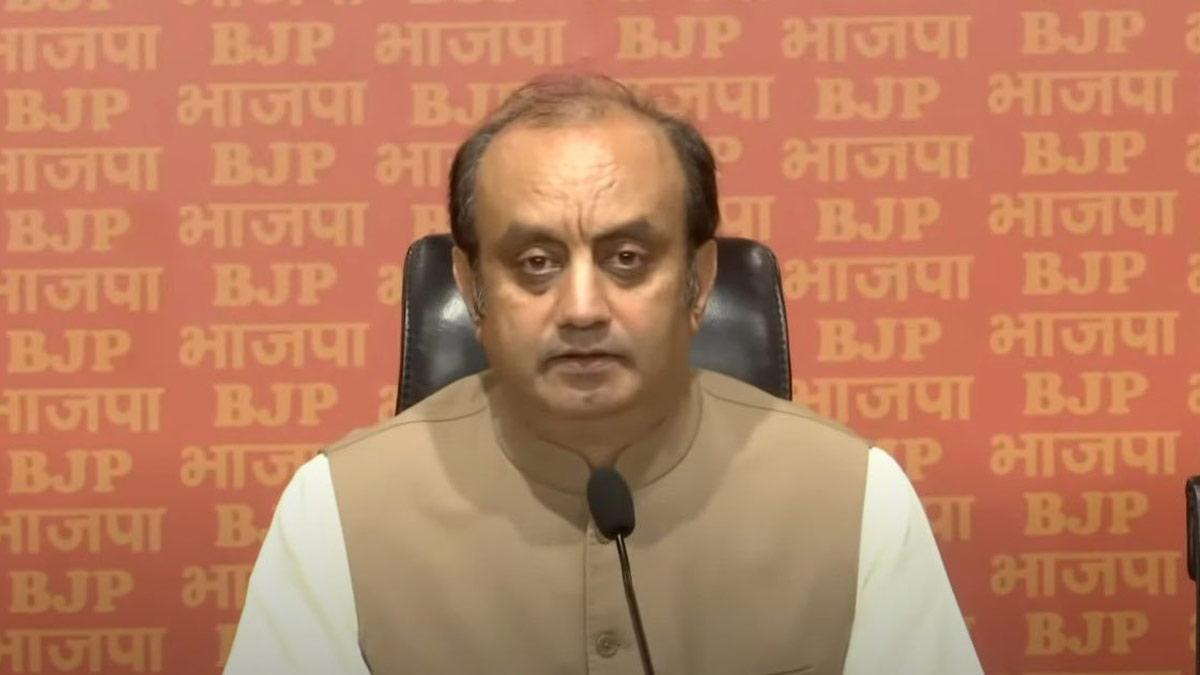India strongly criticized Pakistan for raising the issue of Jammu and Kashmir in a debate in the United Nations on peacekeeping operations, accusing Pakistan of spreading "falsehoods."
India decides to exercise its right to reply to the remarks made by Pakistan which once again tries to deviate this great House from its agenda, said Sudhanshu Trivedi, Member of the Rajya Sabha and National Spokesperson of Bharatiya Janata Party (BJP) today while participating in a debate on peace-keeping operations at the UN General Assembly's Special Political and Decolonization (Fourth Committee) here on Friday.
This, Trivedi said, "was, is and will remain an integral part of India. The people of Jammu and Kashmir have recently exercised their democratic and electoral rights and elected a new government. Pakistan must desist from such rhetoric and falsehood because it will not alter the facts", he said.
Trivedi clarified further that out of respect for the members of the UN forum, India would refrain from responding to any further efforts on Pakistan's part to "abuse" the UN procedure. His statement came in after the Pakistani delegate brought up the topic of the United Nations Military Observer Group in India and Pakistan, which was mandated to monitor ceasefire along the Line of Control. India has been saying that UNMOGIP has served its purpose as it lived out with the Simla Agreement and the Line of Control that emerged.
She further elaborated on X by saying that the Pakistani representative had tried to shift the topic of discussion about peacekeeping as the Pakistani representative had mentioned that Pakistan was still cooperating with UN peacekeepers from 1948, but in Jammu and Kashmir. Taking "sharp exception" to this remark, Trivedi invoked India's Right of Reply, repeating that "the Union territory of Jammu and Kashmir was, is and will remain an integral part of India." He also observed that there had just been a legitimate democratic election in Jammu and Kashmir. According to Trivedi, this is because of the "firm foreign policies" of Prime Minister Narendra Modi's government that have ensured a "strong and assertive India on the international stage." Trivedi is part of a delegation of 12 Indian Members of Parliament visiting the UN for various engagements.
Earlier on discussions, Trivedi, while discussing peacekeeping operations, mentioned the complexities facing modern peacekeeping missions, which, in most cases, are characterized by situations involving terrorism and other armed groups taking advantage of the situation for their purposes. He also made a point about the fact that India has led by example, as the largest cumulative troop contributor to the UN peacekeeping efforts.
These "realistic mandates" for the peacekeeping missions can also be the case only of "realism," as it is very often seen that the failure of missions roots in weak mandates, mainly when the troop-contributing countries do not take part in development of the mandate at the beginning. Safety and security of peacekeepers must be maintained with utmost concern, but accountability must be called when these crimes are committed against the peacekeepers.
He further added that the peacekeeping missions engaged in doing merely political work are to be redesigned since it would be an absolute waste of resources. What he prefers is the formulation of an exit strategy for peacekeeping right from the beginning.
After remembering that it was the General Assembly that had passed such a resolution to establish the memorial wall for fallen peacekeepers at the UN Headquarters, Trivedi concluded that it would be important to ensure building in this manner that may honor such sacrifices taking place for all humanity and not for their countries.
Read also| Israel Signs $5.2 Billion Deal to Purchase 25 F-15 Fighter Jets
Read also| Biden Consoles Democrats, Reminds Republicans That Polls Are Fair


















